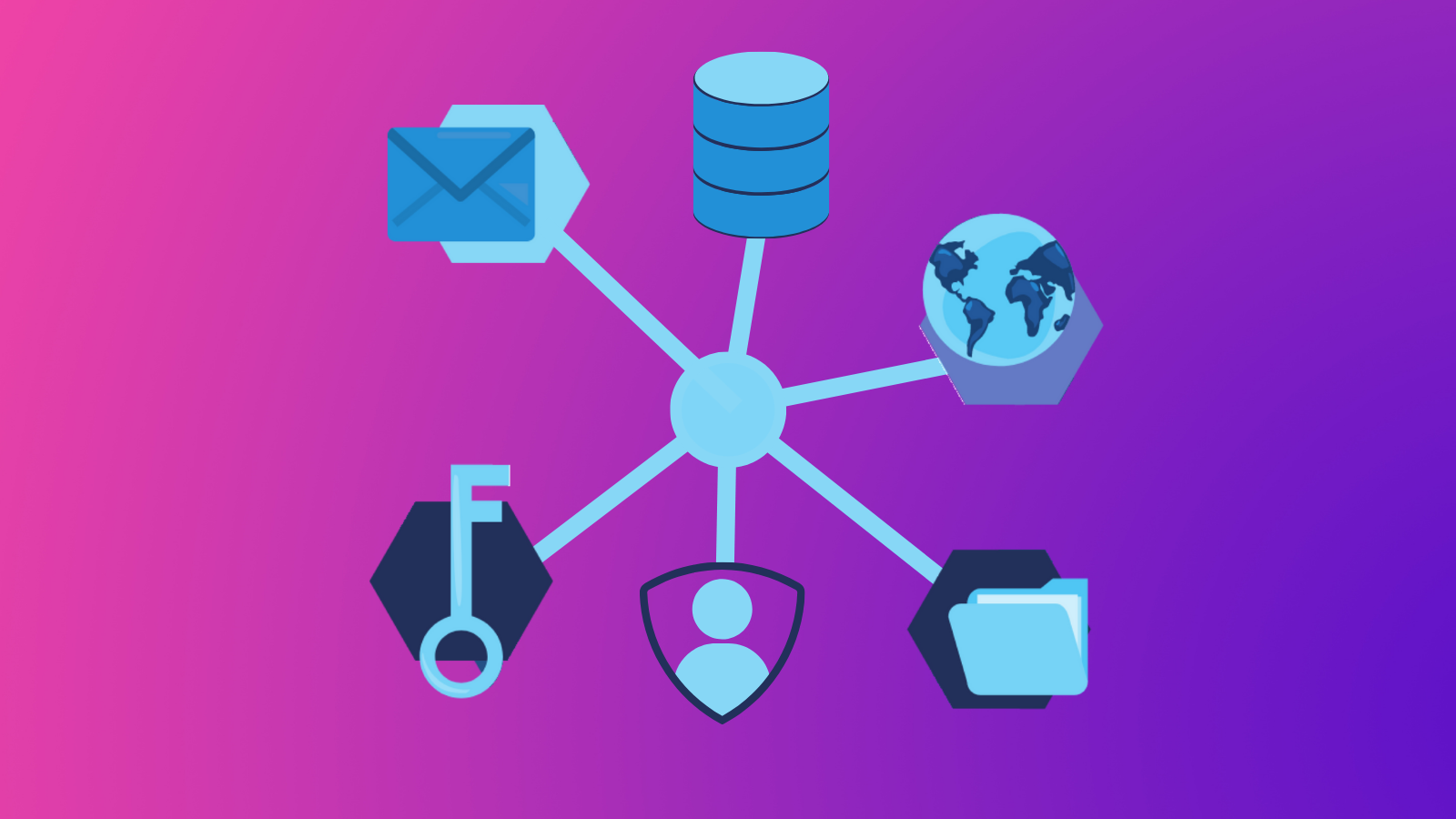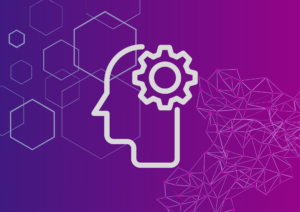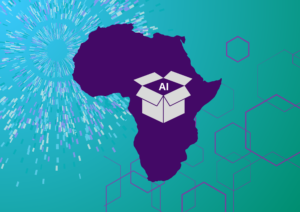The Datasphere Initiative in cooperation with the American International Law Society International Law & Technology Interest Group organized an event on June 30, 2022, about how trends in international law are impacting the Datasphere¹ and data governance.
Panelists shared their views on the current tensions around data policy approaches and how this is impacting academic research as well as policy initiatives addressing personal and non-personal data management, access, and use.
Key takeaways from the session included:
- New narratives to express our relationship with data are needed
- In addition to the field of policy-making, silos are also present in academic research
- Regulatory developments taking place within regions have external consequences
- Hopes for the future of data governance are high but there’s work ahead to bring more voices to the table
New narratives to express our relationship with data are needed
Bertrand de La Chapelle, Co-Founder and Executive Director for Internet & Jurisdiction Policy Network, and Chief Vision Officer for the Datasphere Initiative kicked off the discussion with a summary of key findings from the report “We Need to Talk About Data: Framing the Debate around the Free Flow of Data and Data Sovereignty”, outlining why new narratives to express our relationship with data are needed.
Emphasizing the report’s findings that there is a siloed and polarized debate around data governance, Mr. de La Chapelle expressed concern that there are many actors acting unilaterally within technical and regulatory silos leading to uncoordinated actions and conflicting regulations. This was echoed by Asaf Lubin, Associate Professor of Law, Indiana University Maurer School of Law and Fellow at the Datasphere Initiative who said:
“What is unique about data is not just that it crosses borders, but it also crosses conceptual understandings. Data doesn’t look at itself in a sectoral lens in the same way that law does or policy does.”
Mr. de La Chapelle underscored how traditional institutional frameworks are no longer fit for dealing with the new opportunities and challenges the data economy is bringing to societies.
“When you think about the Datasphere it is something that is crossing boundaries even more than the internet itself. There is a need to shift perspectives so we look at this holistic system”, he said.
In addition to the field of policy-making, silos are also present in academic research
Moving from the policy to the academic environment, Tim Davies, Research Director, Connected by Data, and Senior Fellow, Datasphere Initiative shared an update on his research into the academic literature on data governance. Building on the intelligence developed in the Datasphere Governance Atlas, the Datasphere Initiative’s flagship publication mapping organizations in the data governance ecosystem, Mr. Davies is analyzing academic studies including the range of data governance terms present in academic literature.
Mr. Davies echoed Mr. de La Chapelle’s observations that separate and siloed debates are taking place, also in the academic field with a number of data governance disciplinary clusters related to computer science, health, and human societies.
“There isn’t really a coherent field for data governance (research) that takes this holistic approach that the Datasphere is looking for and the opportunities to better connect across research silos”, he said.
Regulatory developments taking place within regions have external consequences
The next set of speakers brought forward regional perspectives reporting on policy initiatives and agendas in Africa and Europe. Tracy Sinkamba Faustin, International Research & Project Management Coordinator for the Internet & Jurisdiction Policy Network (I&JPN) provided an update on the I&JPN’s Cross-border Digital Policies for Africa Project, explaining how existing networks in the region are being leveraged to frame, map, and address digital policy issues on the continent.
“A regional status report will be developed and people are invited to contribute to the data collection event taking place on July 19 at the African Internet Governance Forum”, she said.
Francesco Vogelezang, Policy Analyst, Open Future and Fellow at the Datasphere Initiative provided an update of the data governance legislation under development in Europe including the Data Governance Act and the Data Act. As part of his Fellowship at the Datasphere Initiative, Mr. Vogelezang is investigating how regulatory developments at the European Union (EU) level impact the holistic approach of the Datasphere and how data flows are impacting value creation. Commenting on an upcoming EU legislation, Mr. Vogelezang shared how “there is really an intent in making sure that value is responsibly unlocked in Europe for European citizens, for European companies which brings external consequences”.
Hopes for the future of data governance are high but there’s work ahead to bring more voices to the table
In closing the session, Carolina Rossini, Director of Partnerships and Research, at the Datasphere Initiative, questioned the approach of some binding agreements that leave out multistakeholder participation and input.
“Where is the voice of the patients and communities that are affected by climate change? I wonder how we can re-think “multistakeholderism” and make sure people are part of decision-making processes in our data governance ecosystem”, she said.
Speakers shared their hope for the future and provided some examples of how opportunities and challenges can be addressed. Global, cross-sectoral, and inclusive stakeholder debate was highlighted as important to bring nuance and common understanding to the opportunities and challenges that arise when dealing with our interconnected Datasphere.
Watch the recording of the event here.
Learn how to join the work of the Datasphere Initiative here.
Learn more about the American International Law Society International Law & Technology Interest Group here.
¹De La Chapelle, B. and L. Porciuncula (2021), “Hello Datasphere”, Datasphere Initiative Medium, https://medium.com/@thedatasphere/hello-datasphere-towards-a-systems-approach-to-data-governance-d602f96c9e1d




